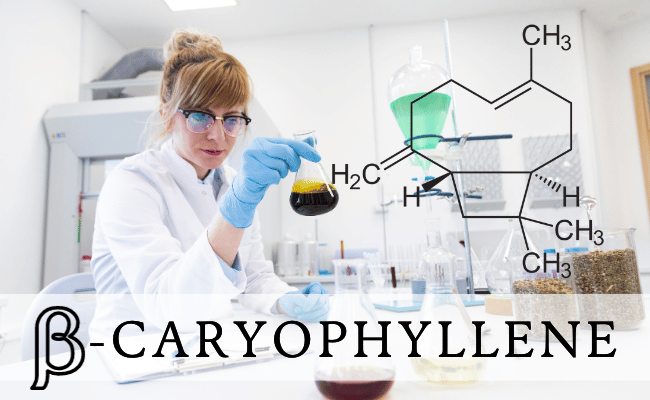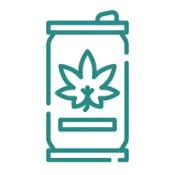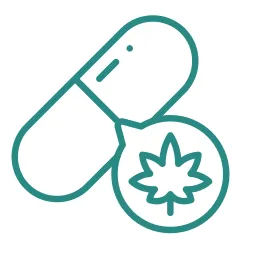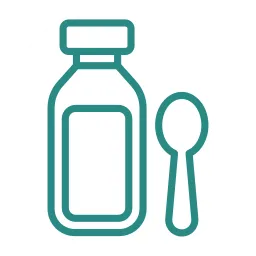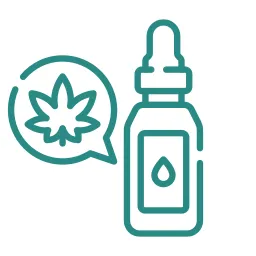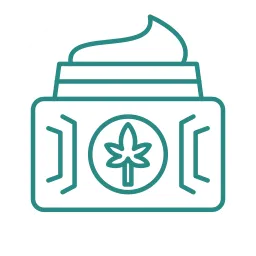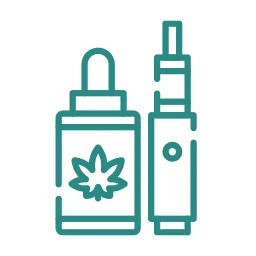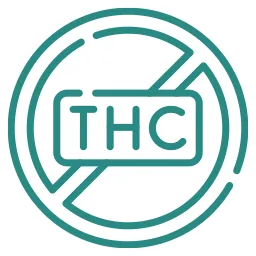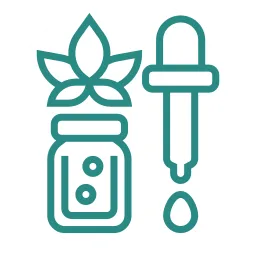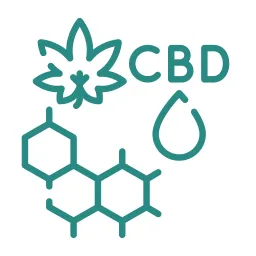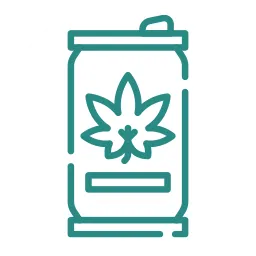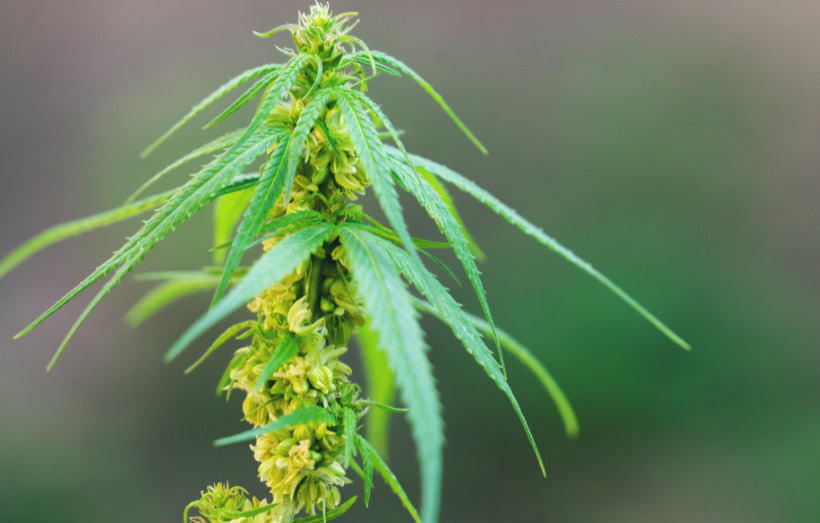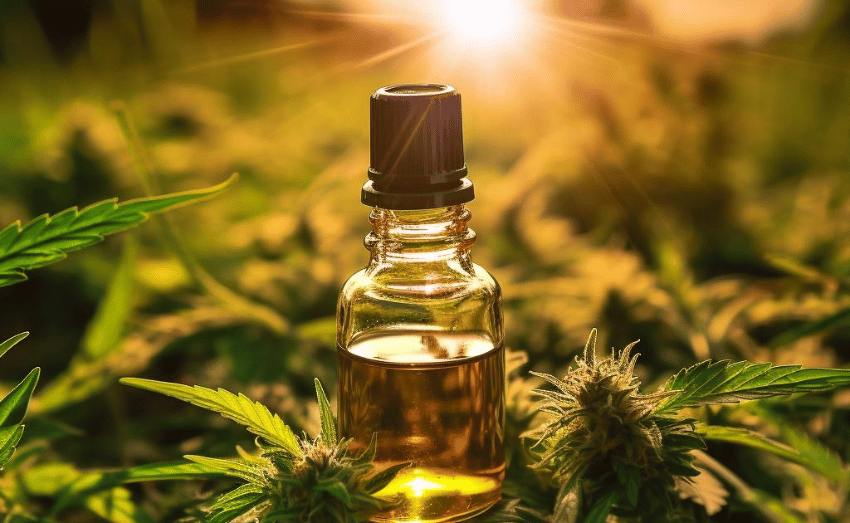Understanding how CBD interacts with drug tests is essential for anyone regularly using CBD products. If you’re wondering whether CBD will show up on a drug test, this article is for you! We’ve compiled scientific research, clinical statistics, and expert opinions to give you an in-depth look at the connection between CBD and drug testing.
What is CBD?
CBD, short for cannabidiol, is a chemical compound derived from the cannabis plant. Unlike THC (tetrahydrocannabinol), which gives marijuana its psychoactive effects, CBD doesn’t make you feel “high.” It has grown in popularity as an alternative treatment for issues such as pain, anxiety, and insomnia.
Does CBD Show Up on a Drug Test?
The short answer is no, pure CBD doesn’t show up on standard drug tests. However, there are cases where it could indirectly lead to a positive result. Here’s why:
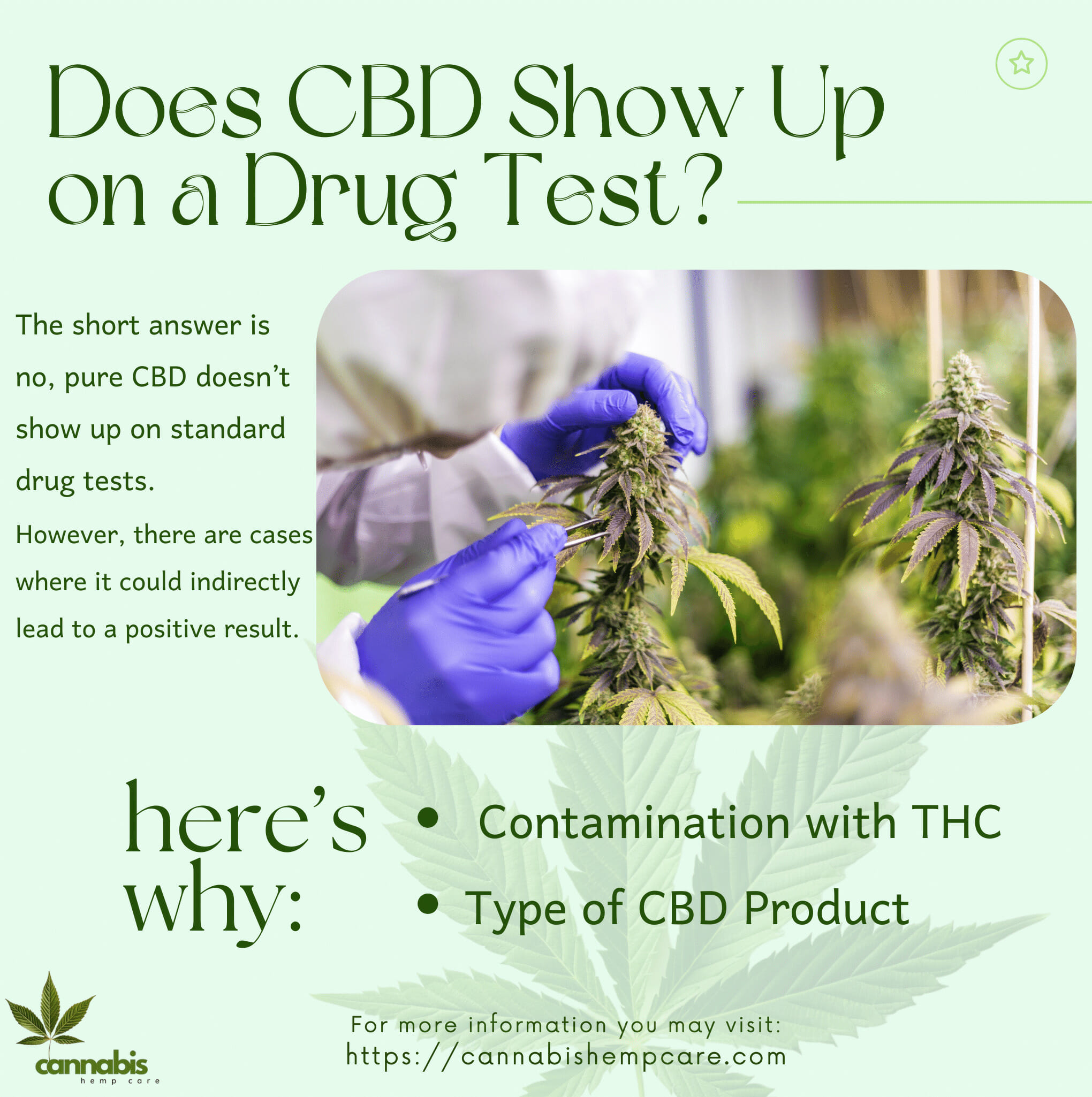
- Contamination with THC: Most CBD products are not entirely pure and may contain trace amounts of THC, the psychoactive ingredient in marijuana. If the amount of THC present is high enough, it could result in a positive drug test.
- Type of CBD Product: CBD comes in three forms – full-spectrum, broad-spectrum, and CBD isolate. Full-spectrum CBD contains all of the plant’s compounds, including THC, while broad-spectrum CBD and CBD isolate are THC-free.
Factors That Could Affect Test Results:
- Dosage: Higher doses of CBD can increase the likelihood of THC contamination.
- Frequency of Use: Regular use of CBD products may increase the chance of THC accumulating in your system.
- Body Composition: Factors like metabolism, body fat percentage, and hydration can affect how long THC stays in your system.
- Type of Drug Test: Different tests have different detection windows for THC.
Different drug tests have varied detection windows:
- Urine Tests: The most common. Can detect THC metabolites for weeks after consumption.
- Blood Tests: Can detect THC for up to 36 hours.
- Hair Tests: Can show THC consumption from up to three months prior.
- Saliva Tests: THC can be detected for up to 48 hours.
How to Minimize the Risk of a Positive Result:
- Read Labels: Ensure you’re buying from a reputable company that provides a Certificate of Analysis (CoA) from an independent lab, confirming the THC content.
- Opt for THC-free Products: Choose broad-spectrum CBD or CBD isolate products, which should not contain any THC.
- Consider Your Usage: Be mindful of the dosage and frequency of your CBD intake.
Expert Opinions and Research
Experts generally agree that using pure CBD is unlikely to result in a positive drug test. However, Dr. Johnson-Arbor notes, “CBD products are largely unregulated and may contain unwanted contaminants, including THC.”
Moreover, a 2017 study analyzed 48 CBD products and found that less than one-third had accurate labeling regarding their CBD concentration, and 21% contained THC. Another analysis in F100 Research of 67 CBD-containing food products in Germany found that 25% of the samples contained THC above the LOAEL (lowest observable adverse effect level) of 2.5 milligrams per day.
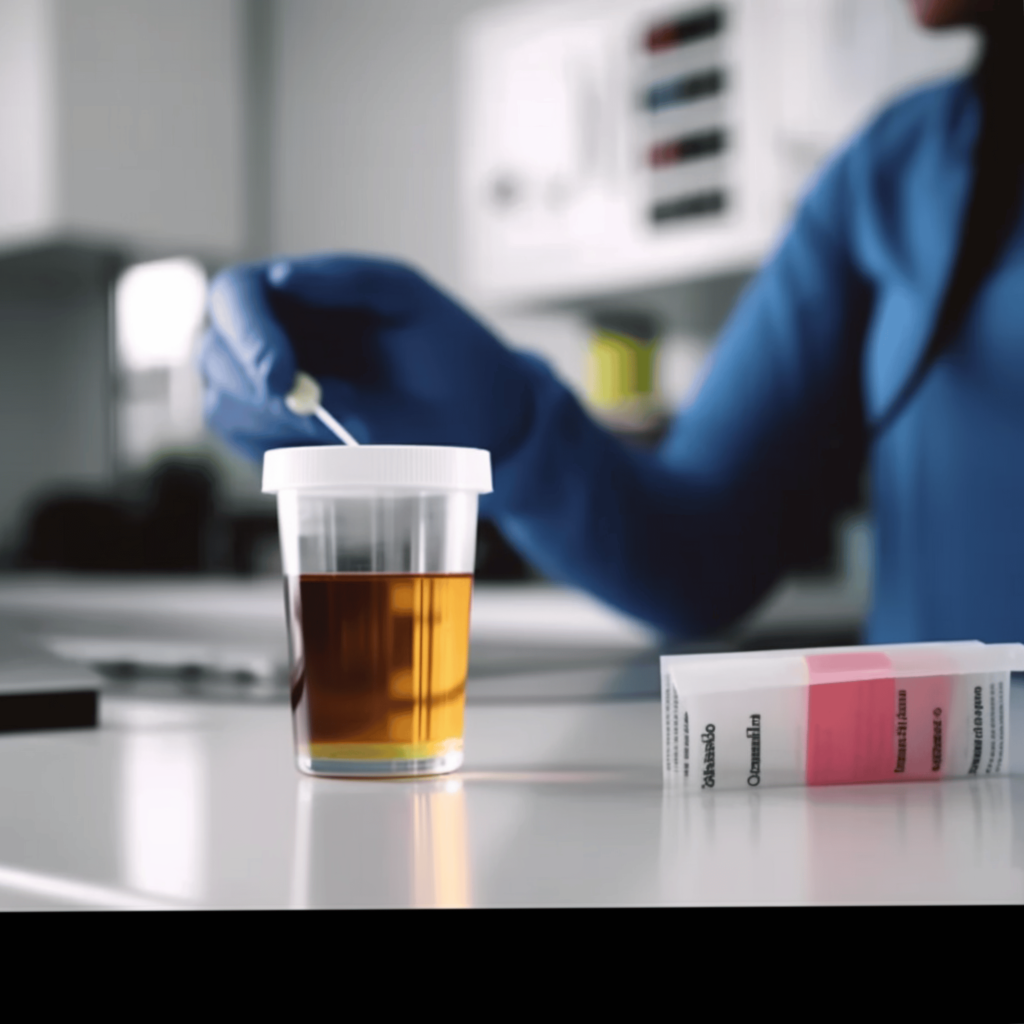
What to Do If You Test Positive
When you undergo a drug test, the main compound being searched for isn’t CBD; it’s THC – the psychoactive component in cannabis that gets users ‘high’. While CBD products are often derived from hemp, which naturally contains very low levels of THC, there’s still a chance of contamination.
If you’ve been using a CBD product and end up with a positive drug test result, it can be startling and confusing. Here’s what you can consider doing:
1. Request a Second Test
Firstly, mistakes can happen. Whether it’s a mix-up in the lab or a testing error, it’s possible for results to be skewed. If you’re confident you haven’t consumed any products with THC, ask for a retest.
2. Provide Evidence
If you’re on other prescription medications, they might interfere with the results. Some drugs can lead to false positives, so always be ready to present any medications or supplements you’ve taken recently. This can provide context and may help in clarifying any discrepancies.
3. Consult a Medical Review Officer (MRO)
A Medical Review Officer is a licensed physician responsible for reviewing laboratory results generated by an employer’s drug testing program. They are knowledgeable about potential medications or conditions that might affect test results. An MRO can be an invaluable resource to validate results, provide clarity, or even overturn a mistaken positive.

Know Your Products
The CBD market is vast, with numerous products available. It’s crucial to:
- Research Brands: Look for third-party lab-tested products. These tests can confirm the exact contents of the CBD product, ensuring there’s minimal THC.
- Read Reviews: Previous user experiences can give insights into product efficacy and trustworthiness.
- Ask Questions: Don’t hesitate to reach out to CBD brands and ask about their sourcing, production methods, and testing processes.
Seek Professional Guidance
Always consider discussing with a healthcare professional before diving into the world of CBD, especially if you’re subject to regular drug testing or have concerns about interactions with other medications.
CBD, in its pure form, won’t cause a positive result on a drug test. However due to potential THC contamination and other factors, there’s a slight risk. Being informed, using reputable products, and knowing how to address positive test results are essential for confident CBD consumption.
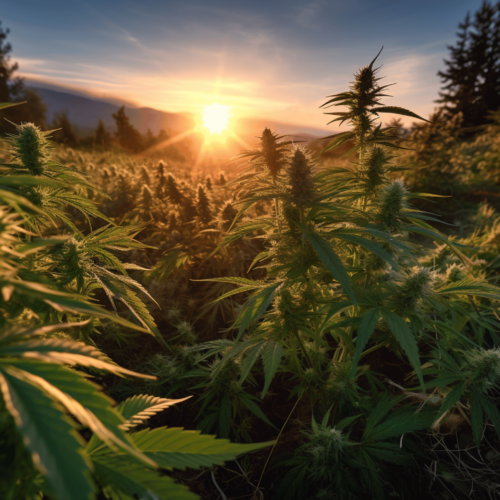
Conclusion
While CBD itself shouldn’t show up on a drug test, the presence of THC in some CBD products could. As the CBD industry is largely unregulated, it’s crucial to research and choose reputable brands to reduce the risk of THC contamination. Consult a healthcare professional before using CBD, especially if you’re concerned about drug testing. Being informed and cautious can help you enjoy CBD’s benefits without unwelcome surprises.
FAQs
How long does it take CBD to get out of your urine?
CBD itself doesn’t typically show up in standard drug tests that are looking for THC. When it comes to CBD’s detection time in urine, it can vary based on several factors, including the amount consumed, frequency of use, body weight, and metabolism. While the exact duration can differ, research suggests that CBD might stay in the system for 2-5 days for occasional users. However, for regular users, CBD can remain in the system for weeks.
Can you test positive for drugs if you take CBD?
Yes, there is a possibility. Most drug tests screen for THC (tetrahydrocannabinol), which is the psychoactive compound in marijuana. Even though CBD products made from hemp should legally contain no more than 0.3% THC, it’s possible that taking high doses of CBD could lead to a positive drug test if the product is contaminated with THC. It’s crucial to ensure you’re consuming high-quality, lab-tested CBD products
Will vaping CBD show up in a drug test?
Vaping CBD itself shouldn’t show up in a standard drug test that screens for THC. However, the risk with vaping, as with other CBD products, lies in any potential THC contamination. Some vape products might have higher THC concentrations than claimed, especially if they are not third-party lab-tested. It’s always essential to be informed about the product you’re using.
Do drug tests test for nicotine?
Standard drug tests, like those checking for illicit drug use (marijuana, cocaine, opiates, etc.), don’t typically screen for nicotine. However, there are specific tests designed to detect nicotine and its primary metabolite, cotinine. These tests might be required for specific jobs, health insurance policies, or medical evaluations.
How long does one puff of a cigarette stay in your system?
After inhaling cigarette smoke, nicotine levels in the bloodstream peak within 10 seconds but are rapidly eliminated from the blood within a few minutes. However, nicotine gets metabolized into cotinine, which can be detected in the body for much longer. For an occasional smoker, cotinine might be detectable in urine for up to 3 days. For a regular smoker, it might be detected for up to 14-20 days or even longer. Factors like the frequency of smoking, body weight, and metabolism can influence detection times.

